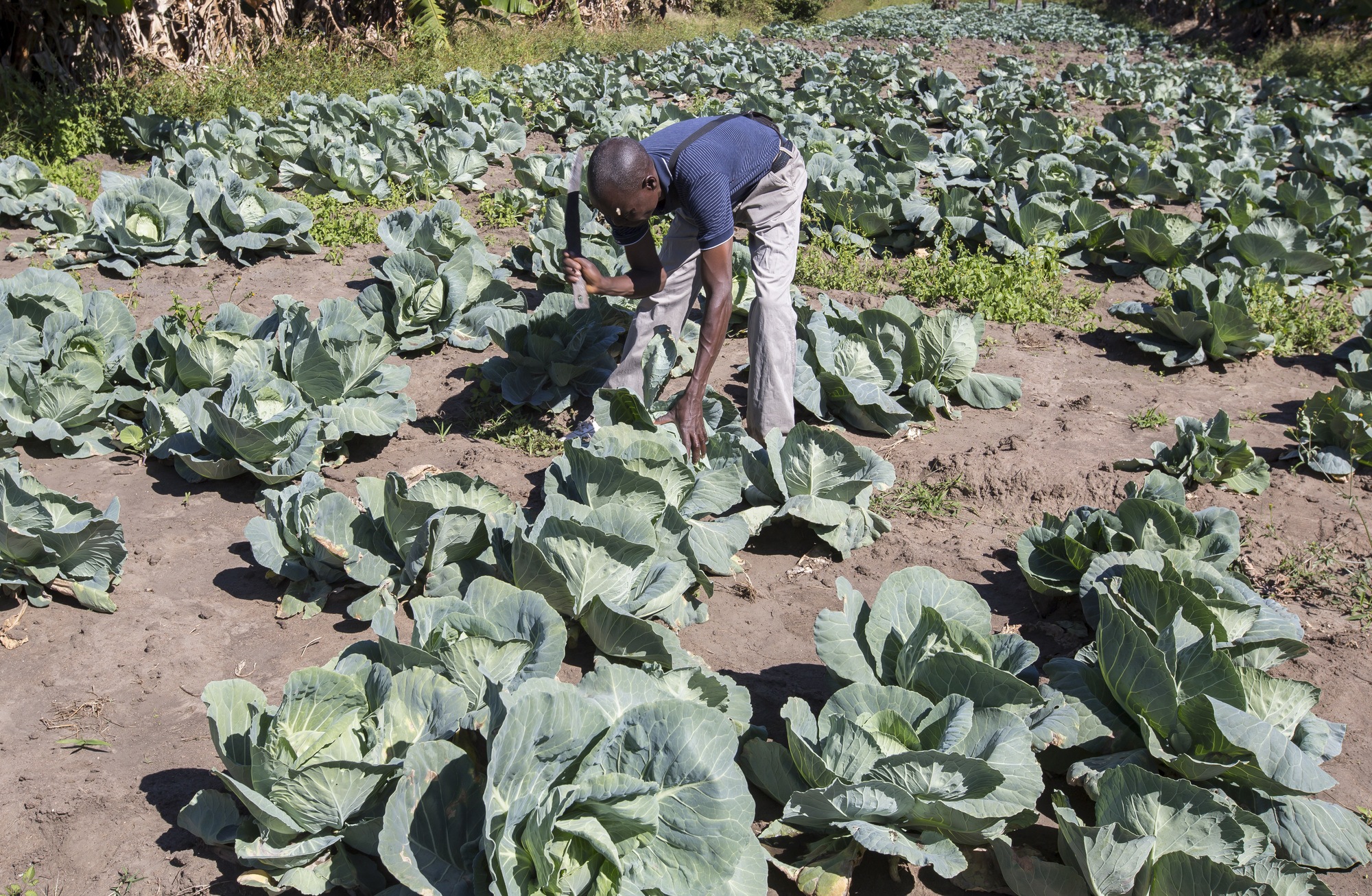Pay-As-You-Go (PAYGO) business models have enabled solar product companies to increase their sales and penetration in low-income markets across Africa and Asia, yet the model still faces challenges of high customer default rates, driven by school fees payment scheduling, low yields and dry seasons.
The last two of those default drivers can be explained by farmers making up ~40% of the PAYGO customer base, a population considered the highest risk in terms of repayments, susceptible to climate change and seasonal variance in yield and incomes.
A drought in 2018/2019 in Zambia saw late repayments rise by up to 20% compared to good repayment periods.
This new report from SF Partner, Pula Advisors GmbH (Pula), funded as part of our partnership with the UK Government to Catalyse Agriculture By Scaling Energy Ecosystems, presents the impact of bundling crop insurance with energy assets provided on credit to both enterprises and customers.
Interviews were conducted with PAYGO companies in Zambia to better understand the challenges companies face and follows an insurance pilot Pula developed to resolve these challenges.

The report presents recommendations based on the pilot results, including how key parameters of geographical insurance areas, payment triggers, exit percentages, and total sums insured should be tailored to better suit smallholder farmers.

